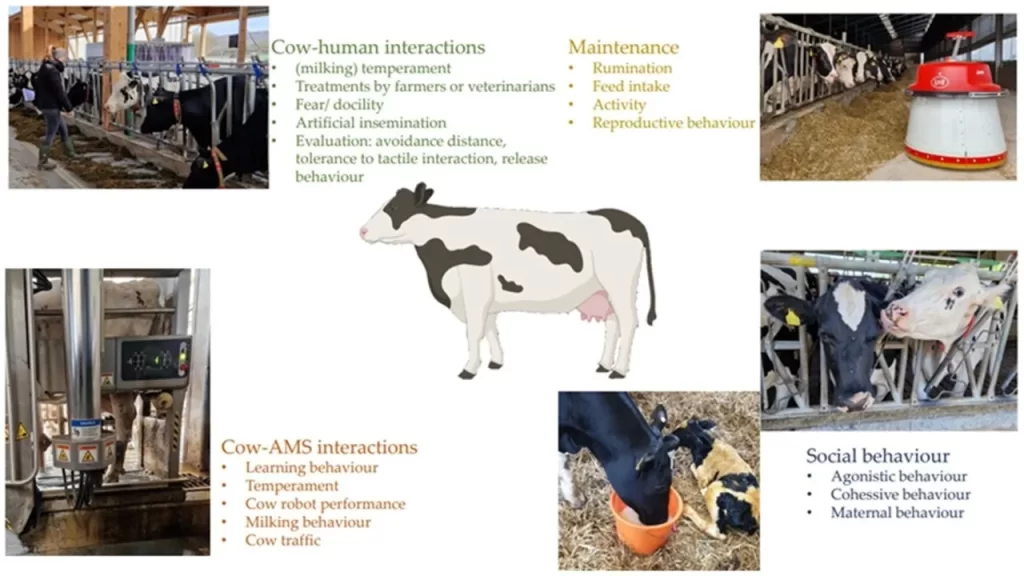Read in
Prof. Abdullahi Mustapha of NABDA shares insights on a collaborative project with Brazil to enhance Nigeria’s dairy industry, aiming for self-sufficiency in milk production.
Prof. Abdullahi Mustapha, Director-General of the National Biotechnology Development Agency (NABDA), has recently shared an optimistic update on the agency’s collaborative project with Brazil aimed at transforming Nigeria’s dairy industry. With the project in its third year, the initiative is expected to significantly increase milk production per cow in Nigeria, promising a breakthrough in nutritional milk availability and reducing the country’s reliance on milk imports.
Project Overview and Progress
The Dairy Cattle Genomic Transformation Project, a joint effort between NABDA and Brazilian counterparts, seeks to enhance the genetic makeup of Nigerian dairy cattle, thereby improving milk production capabilities. Prof. Mustapha, in his discussion with the News Agency of Nigeria (NAN), highlighted that the project has reached a critical phase where governmental support is eagerly anticipated. The initiative has successfully inseminated a second generation of dams, with results expected in the next six months. This project aligns with the food and nutrition security goals of President Bola Tinubu’s administration, underscoring the government’s commitment to innovation and sustainability in the agricultural sector.
Technological Innovations and Goals
Utilizing genomic sequencing, the project aims to identify and enhance desirable traits in dairy cattle, optimizing milk production. The first set of calves produced through this initiative has been analyzed, providing valuable insights into the genetic improvements achieved. Prof. Mustapha expressed confidence in surpassing Brazil’s 25-year timeline for dairy cattle transformation, setting an ambitious goal of achieving significant results within 15 to 20 years. This endeavor not only showcases the potential for biotechnological advancements in agriculture but also emphasizes Nigeria’s dedication to self-sufficiency in dairy production.
Implications for Nigeria’s Dairy Industry
The successful implementation of this project could herald a new era for Nigeria’s dairy industry, offering a sustainable solution to the country’s nutritional milk needs and reducing import dependency. Prof. Mustapha envisions a future where Nigerian cows produce ample quantities of milk, thereby contributing to the nation’s food security agenda. With continued government support and funding, NABDA’s efforts could significantly impact the availability of nutritional milk in Nigeria, marking a milestone in the country’s journey towards agricultural innovation and sustainability.
The ongoing collaboration between NABDA and Brazil, coupled with the backing of the Nigerian government, illustrates a proactive approach to addressing food security and nutrition challenges. As the project advances, it holds the promise of transforming the Nigerian dairy landscape, ensuring access to affordable and nutritious milk for all citizens


